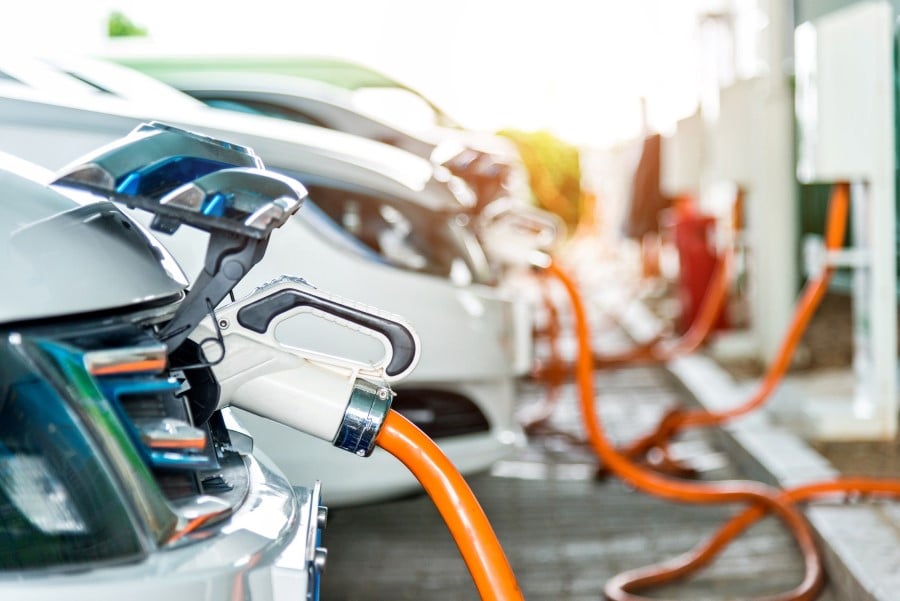
A 2022 MESCR Minute
After rising steadily since last year, the price of oil has reached an all-time high.
Alan Kohler, ABC, 21/02/2022.
Based on what is happening internationally we can expect petrol prices in Australia to soon reach an average of $2.10 a litre.
Vlado Vivoda, The Conversation, 24/02/2022
An interesting question. In my view, the answer is more than just exceedingly high fuel prices -but yes, high fuel prices are becoming one of the factors.
When asked recently, a fleet planner with Pepsico in Seattle said there were many good reasons to go to a fully electric fleet of light trucks and cars. The advantages are in both cost improvement and in operational improvements. She did add, however, the caveat of ensuring proper planning is in place before transitioning, because operating a fleet of EVs (Electric Vehicles) is fundamentally different from an ICE (Internal Combustion Engines) fleet.
She listed the advantages as many:
The above Pepsico comments are from a webinar last week and I have not verified the comments but they do seem to be the view of other U.S. fleet operators. The Marketing Director of Chevrolet said recently “Commercial customers are increasingly lured by the lower cost of operations and the Environmental, Social and Governance benefits of adding zero emissions trucks to the fleet.”
There are other reasons too. By all reports, EVs provide an enhanced driver experience. One American truck fleet operator said the battery in an Electric Truck is better placed, making for better handling and driver operations: The battery placement provides for better vehicle balance and less fishtailing. He said, “the days of an ill-riding, poor handling, low-tech utilitarian vehicle is a thing of the past.”
However, according to Pepsico, there are operational issues to factor into your planning when considering converting to full EV:
So, what about Australian fleet operators?
The advantages of moving from ICE to EV seem to be strong and worthy of assessment. Especially with fuel costs increasing and spare parts becoming subject to delayed logistic and shipping constraints into Australia.
Gregory McGarvie’s from the ACE EV Group recently posted on the advantages of EVS over ICEs in Australia. Using only $1 per litre for ‘fossil fuel’ (this is very conservative) and 7c/kwh for electricity, Gregory calculated the difference in cost over a set km range to be $16,675 for an ICE vehicle compared to $2,475 for an Electric Vehicle= an operating cost saving in Australia of an eye-watering $14,200 PER VEHICLE! (More, if fuel is more than $1 per litre)
While sales of EVs in Australia are increasing exponentially year-on-year, the actual supply of electric vehicles remain limited. More models and more vehicles are expected to land on our shores this year, but demand seems to be strongly outpacing supply. As Tennant Reed the co-host of our podcast ‘What on Earth...’ suggested in Episode 10, if you are looking to EVs to reduce carbon emission and operating costs, “you need to be getting your company onto a supply list as soon as possible”.
Given the above, and the increasing cost of fuel, we can expect the demand for EVs in Australian business fleets to be strong from now on. It seems the end of the ICE vehicle era is coming fast. The challenge is to learn the early lessons from our northern counterparts. And to start considering EVs for your fleet.
Want more information?
Contact MESCR GM James Scotland (james.scotland@aigroup.com.au) or get in touch via our LinkedIn here.